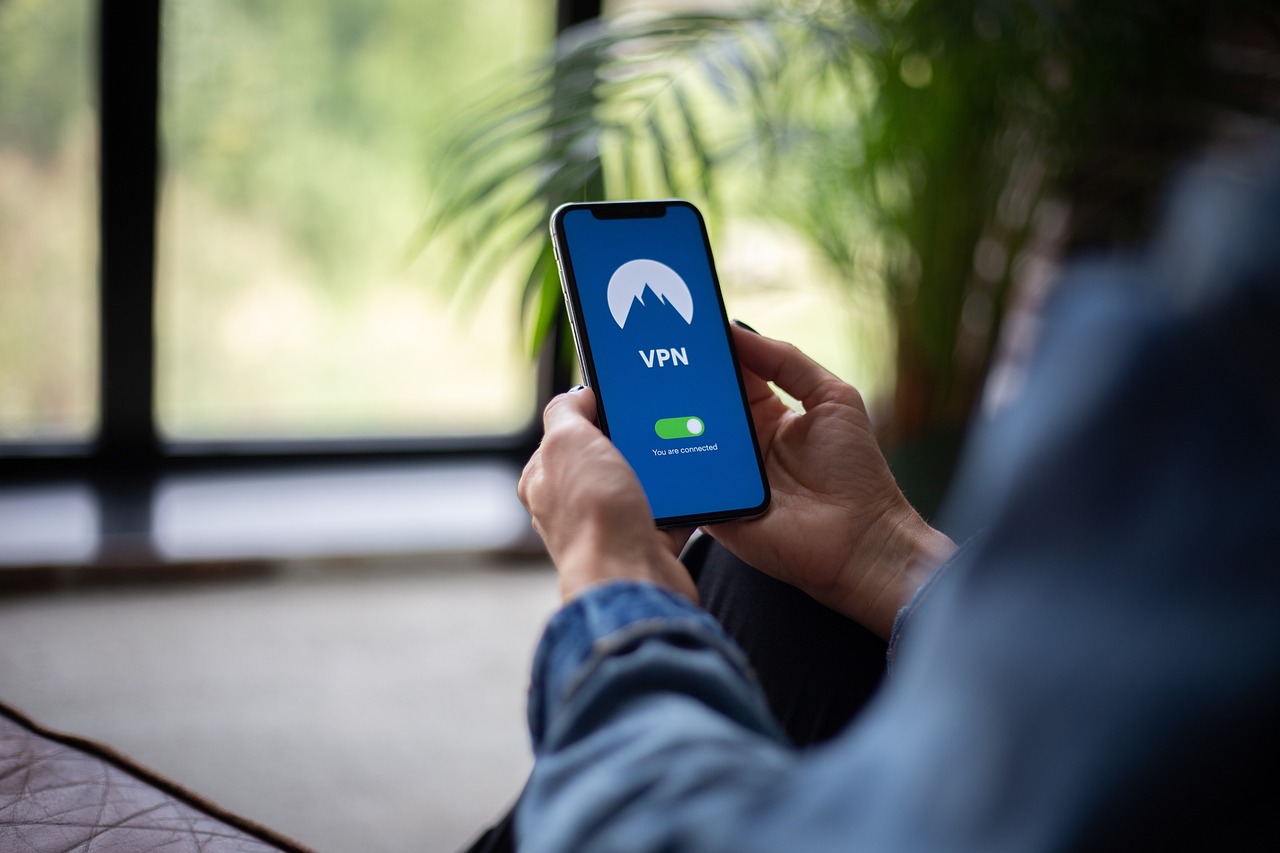Internet Protocol Television (IPTV) has revolutionized the way we consume media, offering a vast array of channels and on-demand content delivered directly over the internet. However, users often encounter issues such as buffering, geo-restrictions, and bandwidth throttling that can hinder their viewing experience. This is where a Virtual Private Network (VPN) comes into play. Using a VPN can significantly boost IPTV performance, ensuring a smoother, more reliable, and secure streaming experience.
One of the primary benefits of using a VPN with IPTV is the ability to bypass geo-restrictions. Many IPTV services offer content that is only accessible from specific regions. This can be frustrating for users who wish to access their favorite shows or sports events from abroad. By connecting to a VPN server located in the desired region, users can effectively mask their IP address, making it appear as though they are accessing the internet from that location. This allows them to unlock content that would otherwise be unavailable, providing a seamless and unrestricted viewing experience.
In addition to overcoming geo-restrictions, a VPN can also mitigate bandwidth throttling imposed by Internet Service Providers (ISPs). ISPs often monitor users’ online activities and may intentionally slow down their internet connection when they detect high-bandwidth activities such as streaming. This practice, known as throttling, can lead to frustrating buffering and reduced video quality. A VPN encrypts the user’s internet traffic, making it difficult for ISPs to identify streaming activities. As a result, users can enjoy consistent speeds and high-quality streams without interruptions.
Security and privacy are other compelling reasons to use a VPN with IPTV. Streaming content online can expose users to various cybersecurity risks, including data breaches and malware attacks. VPNs provide an additional layer of protection by encrypting internet traffic and masking the user’s IP address. This not only safeguards personal information but also prevents unauthorized access to the user’s device. With cyber threats on the rise, having this extra security measure is invaluable.
Another advantage of using a VPN for IPTV is the improvement in connection stability. High traffic and server congestion on IPTV services can lead to unstable connections and frequent disruptions. By connecting to a less crowded VPN server, users can enjoy a more stable and reliable connection. This can be particularly beneficial during peak usage times when IPTV services are most likely to experience congestion.
Moreover, a VPN can enhance the overall streaming experience by providing access to a wider range of content. Some IPTV providers may offer different libraries of shows and movies depending on the region. By switching VPN servers to different locations, users can explore a diverse selection of content, discovering new shows and movies that may not be available in their home country. This broadens the entertainment options and adds value to the IPTV subscription.
It’s also worth noting that setting up a VPN for IPTV is straightforward. Most reputable VPN providers offer user-friendly applications compatible with various devices, including smart TVs, smartphones, and streaming devices like Amazon Fire Stick and Roku. The process typically involves downloading the VPN app, selecting a server location, and connecting. Once connected, users can launch their IPTV service and start streaming with enhanced performance and security.
In conclusion, using a VPN is essential for anyone looking to maximize their IPTV experience. It allows users to bypass geo-restrictions, avoid bandwidth throttling, enhance security and privacy, stabilize connections, and access a broader range of content. With these benefits, a VPN transforms IPTV into a more enjoyable and reliable form of entertainment. For those serious about their streaming quality and security, integrating a VPN into their IPTV setup is a smart and practical choice.

